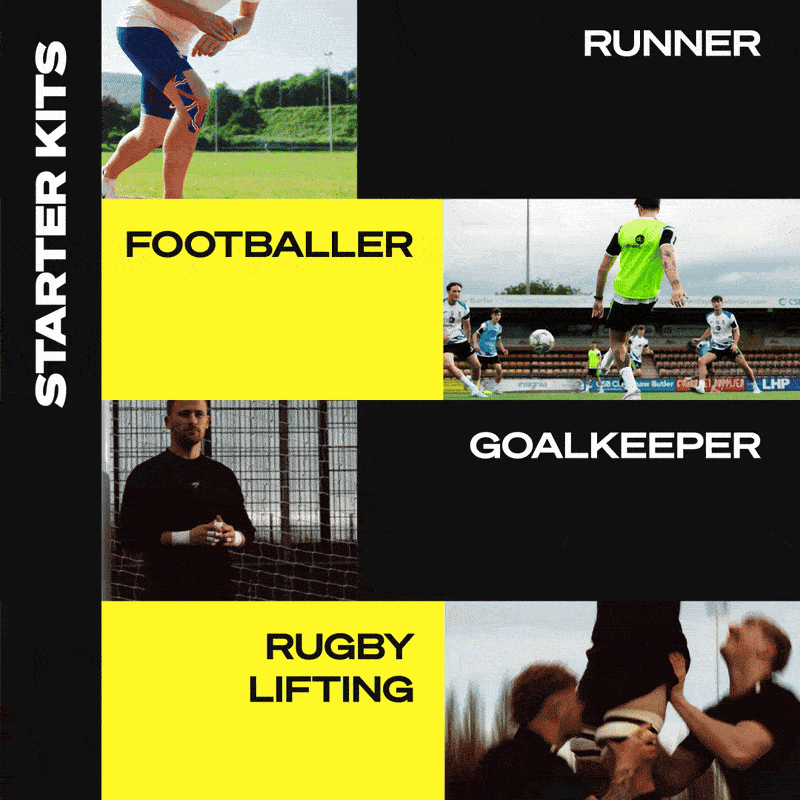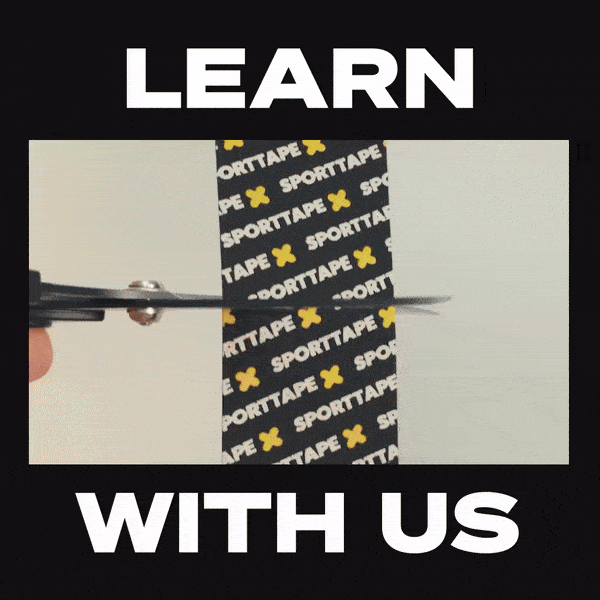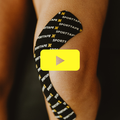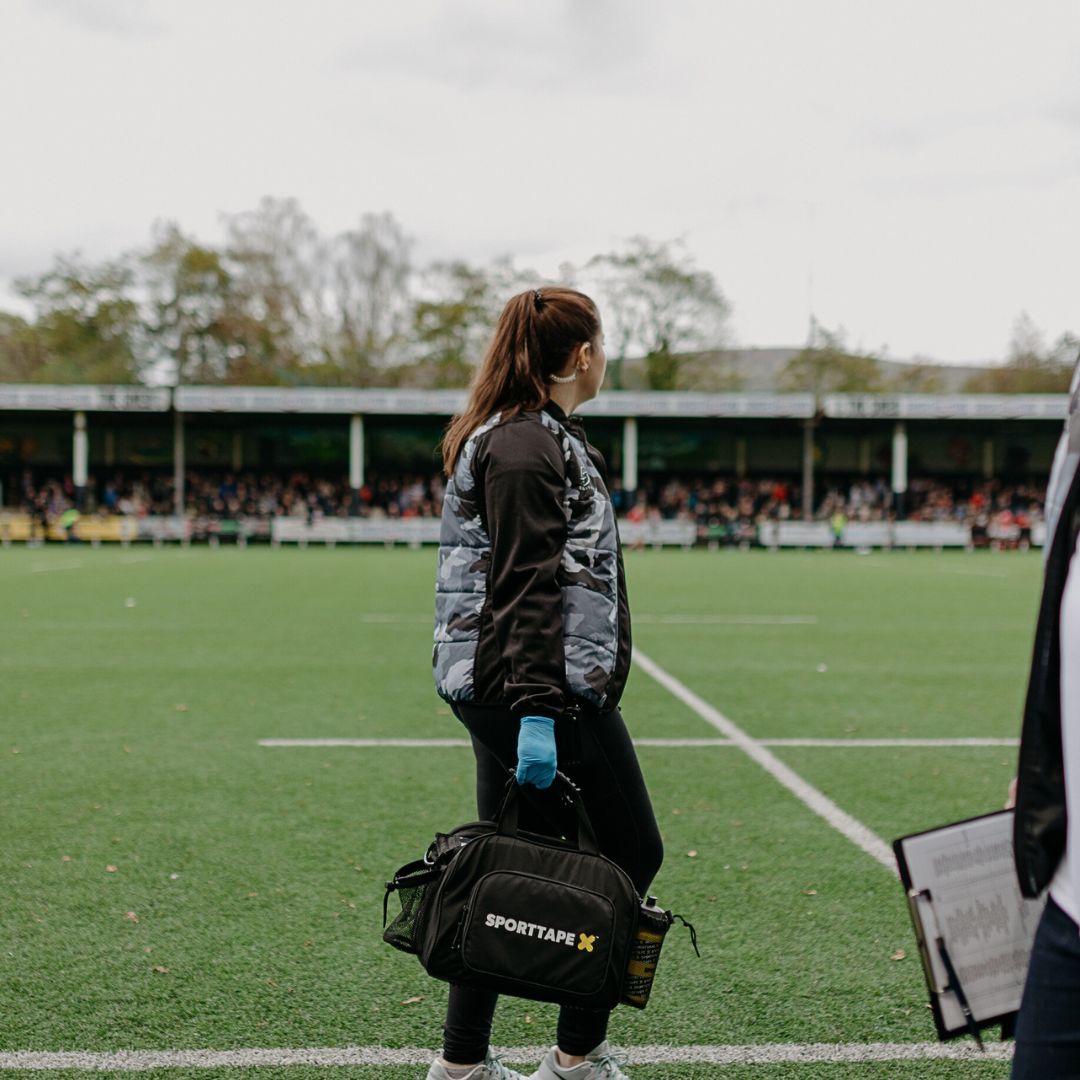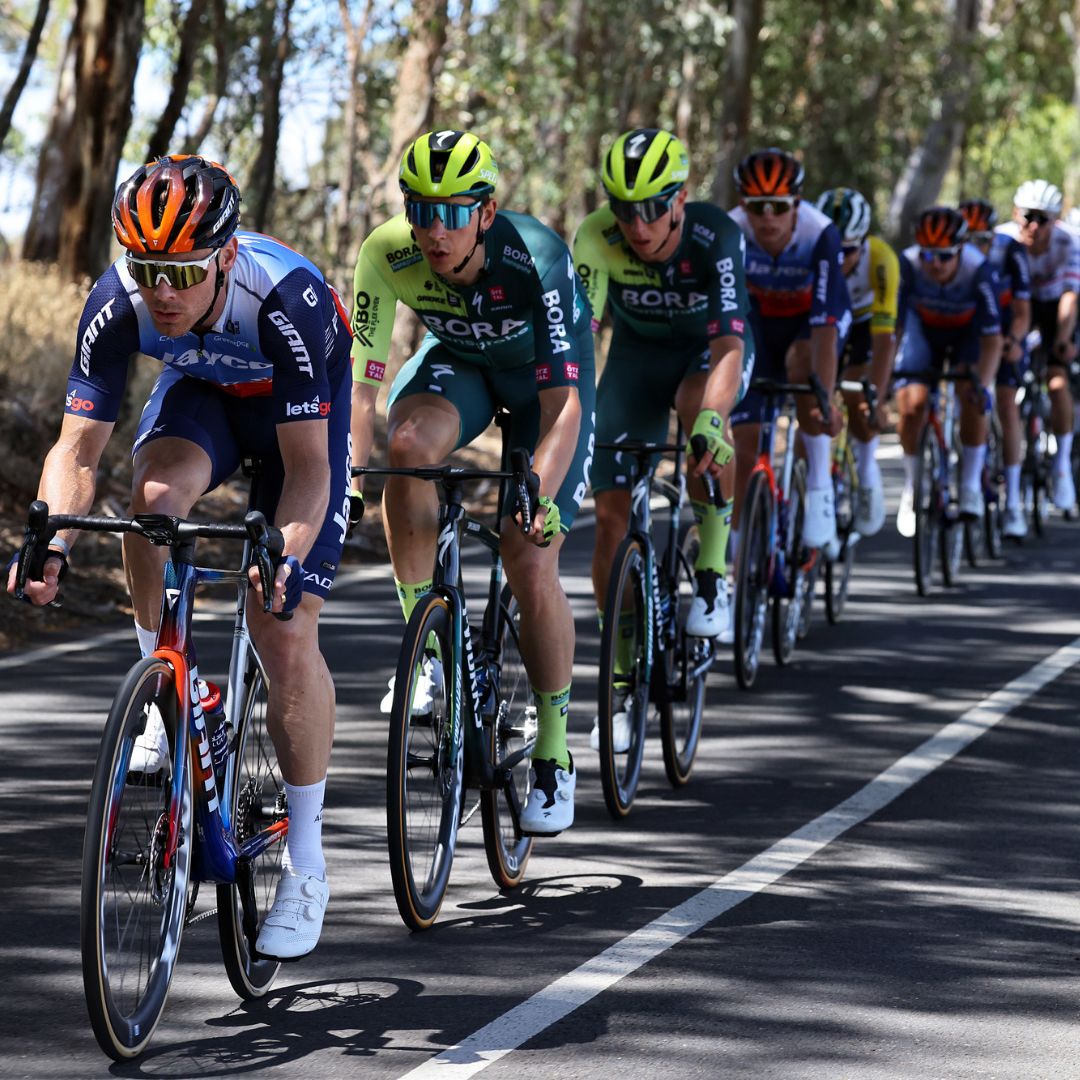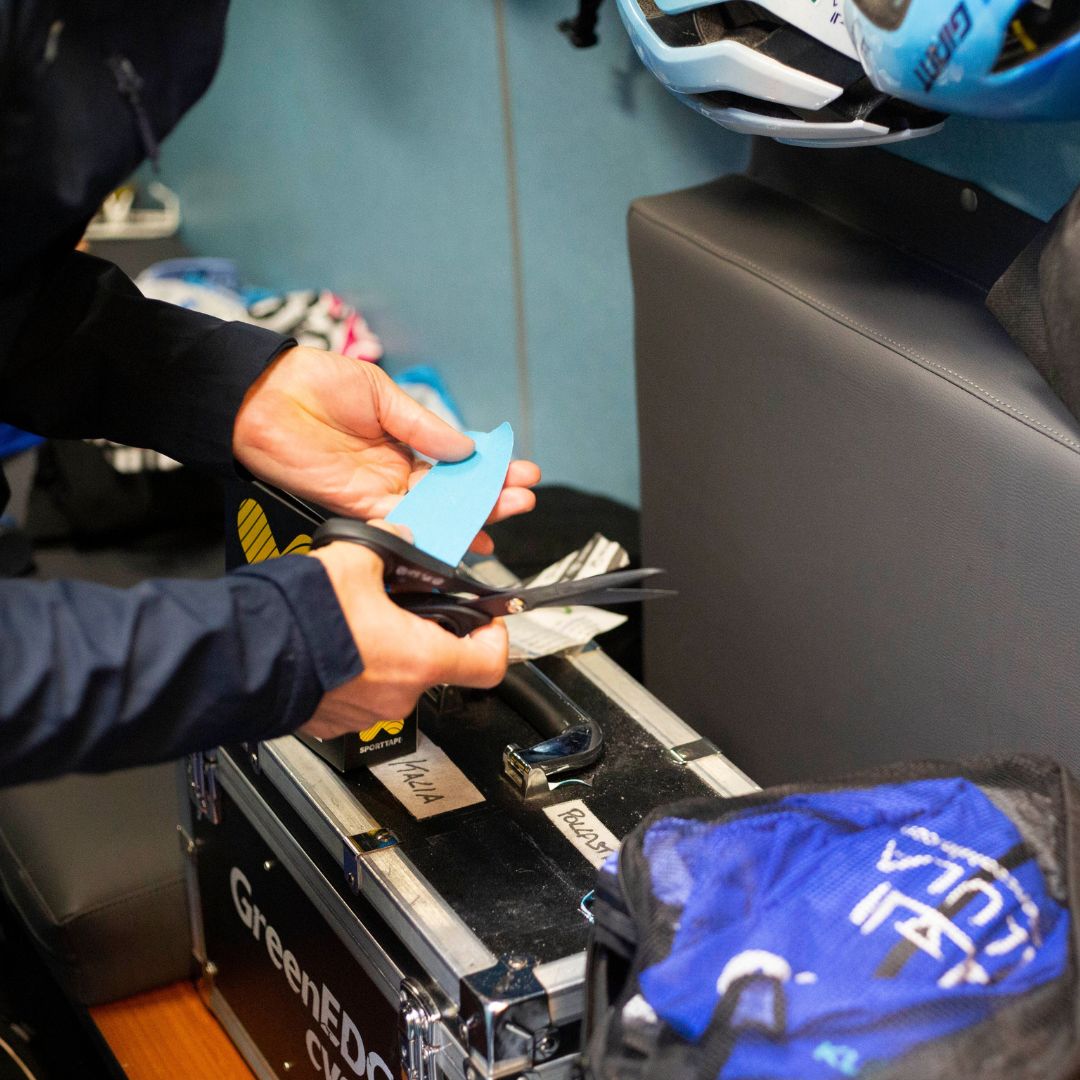Not to be missed, our Ankle Taping Series with the dynamic duo, sports physiotherapist, Alex Holland (@axerugby) and professional rugby player, Charlie Willett (@charlierugby_) has gone down a storm!
On the back of it's success (soon to be viral) we jumped on a call with Alex to discuss his journey from down-under to head of medical for a professional rugby team and his training app AXErugby.
Discover Alex's Top 6 tips for how to progress in the world of professional sport.
ALEX'S JOURNEY AS A SPORTS PHYSIO:
WHO IS ALEX HOLLAND?
The classic narrative is, young Brit moving half way across the world to Australia to start a new life in the glorious heat and bask in the new culture, not the other way around...
Alex Holland began his impressive physio career back in his home city of Cairns, Australia 🇦🇺 (don't Google it, it'll make you want to move there). It was there that he built up his resumé within the sports science and physio industry, working in and out of clinics. Given how the Australian sports systems and hierarchies work, finding jobs and general experience wasn't easy.
Fortunately, he managed to get some critical experience working as a physio with some of the country's top basketball teams 🏀 and even found his way into the Commonwealth Games working with all the different teams.
It was then in 2019 that Alex made the choice to move to the UK and began working with several different rugby clubs, from the academies, to the women's sides, all the way to the men's first teams. In his own words, "it's all been pretty cool".
Everything a New Sports Physio Needs to Know
Given his extensive background working in clinics, COVID wards and specifically large sports clubs, we thought Alex would be well-suited to give us some of his best tips, pieces of advice and pearls of wisdom for anybody out there considering a career as a sports physio.
Enough foreplay, here are all of Alex's key points broken down for you:
1. EARN EXPERIENCE
Let's get the obvious out of the way folks. You have to earn your stripes and that means putting in the hours.
Dipping your toe in and getting some amateur physio experience early on will, not only provide you with the skills and the knowledge base that you'll carry with you throughout your career, but it'll show you whether or not it's for you.
Volunteer with a rugby academy. Shadow a football physio on weekends. Do some online courses in your spare time (SPORTTAPE taping courses, maybe...😉). Like anything, make yourself as employable as you can and continue learning as you go. "It's a marathon, not a sprint."
2. PREPARE TO MAKE SACRIFICES
Are you passionate about sports? Do you love travelling? Is physio work your favourite thing in the whole world? Perfect! Because this is one point that Alex was pretty sure of.
Let's start by saying that, it can be really enjoyable, and Alex himself stated that it's been the "most rewarding" work of his professional experience. But, physio work does come with its downsides and these are things that are worth considering.
"You do miss some really important parts of your life", Alex told us, citing not being able to make it to his sister's wedding. Your weekends are going to be relatively full and taking holidays is difficult given the various sporting seasons/calendars. But, there could be some excellent opportunities to travel and work with some amazing personalities.
3. YOU CAN'T PLEASE EVERYONE
"Another big lesson as a physio is that you're not going to please everyone..."
Sometimes you're going to be faced with some really challenging moments. Your team's star player could be sitting on your medical bed with an injury that is far worse than they, or the club, realise, and it's your job, as physio, to share the news. There's no sugarcoating it.
"You're gonna have to learn to put boundaries in place and be like, no, this person can't play because of these reasons. No, you can't train because of these reasons.
"And then it's the other thing that, I think a lot of physios do. They want to pretend that it's not bad sometimes. Someone comes into you and they're sore and they want to just stick their head in the sand and go. Or, maybe it's just a strain. Or...maybe they've ripped it off the bone..."
You have to find the perfect balance between reality and kindness. That's Alex's tip for you here.
4. TEACH YOUR PLAYERS
It's a simple point, but an important one, and can save you a lot of time in the long run.
If there's an opportunity to teach the players that you're treating regularly pre-game, a simple self-taping application that they can do themselves, do it. Educating your players, patients and clients about what it is that you're using on them and what each specific tape does, is vital as a physio.
Players may do it differently to you, but if you can set them up with a simple K Taping application for their knee that could space up some time for other players in the team, why wouldn't you?
5. STAY FIT
This can mean different things for different people, and that's okay! But, if you're giving one of your clients a full strength and conditioning programme with a range of different exercises, you need to be able to understand all of those exercises yourself!
Staying in shape and regularly doing your own strength and conditioning work is really important as a sports physio. Generally, how can you expect certain athletes to do exercises that you yourself aren't able to perform yourself?
"For an ultra marathon runner, if you're programming them some 3K runs and you don't actually comprehend how a long run feels or how to structure it, it's gonna get hard. So, that understanding about it is really important."
6. TAKE YOUR CHANCES
The final point Alex made goes for most career paths, but you need to apply for as many jobs as you can. Put yourself out there. Take some risks. Make yourself stand out and remember, "just because you apply for a job, it doesn't mean you're going to get it".
Alex told us that he remembers applying for 70+ physio jobs before landing his first one in the UK. Consider your options and just keep reminding yourself, you will get there! 🚀
And that's it! A big thank you to Alex for his time and for sharing some of his insight into life as a sports physio.
If you have a question for Alex, drop us a line and we'll get back to you as soon as we can. And if you do fancy learning more about life as a physio, then our Introduction to Match Day Physio online course 💻 could be for you!



































